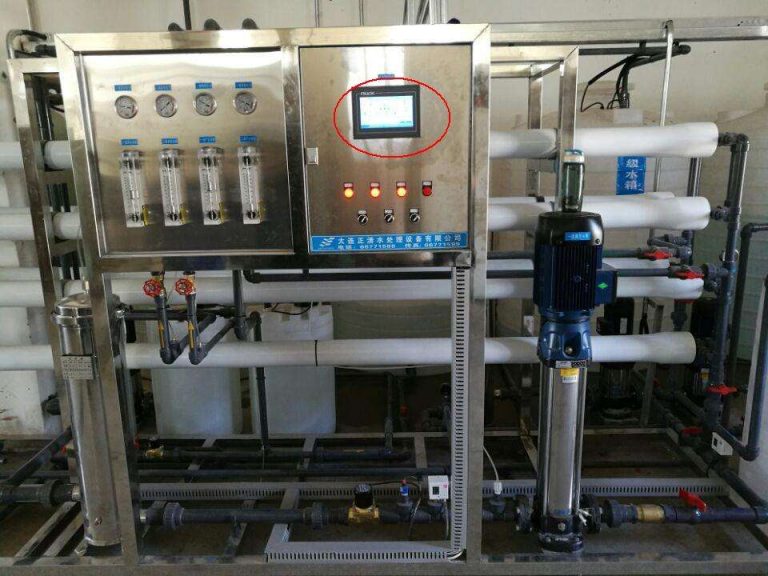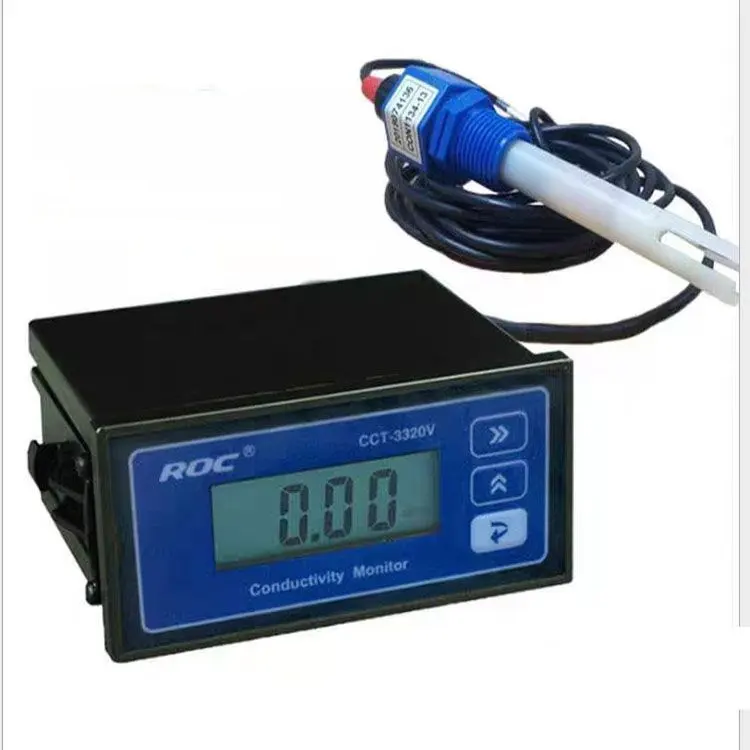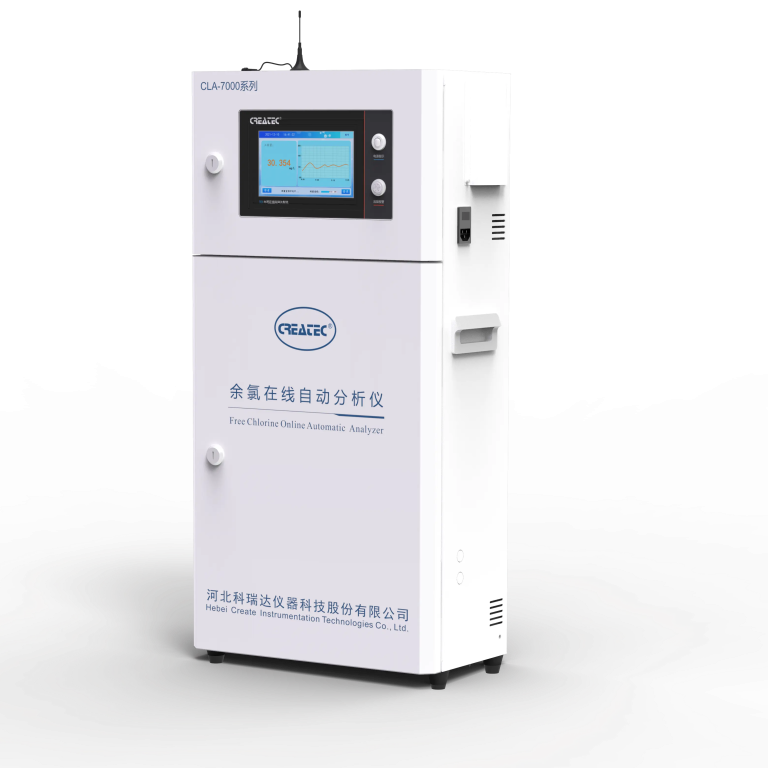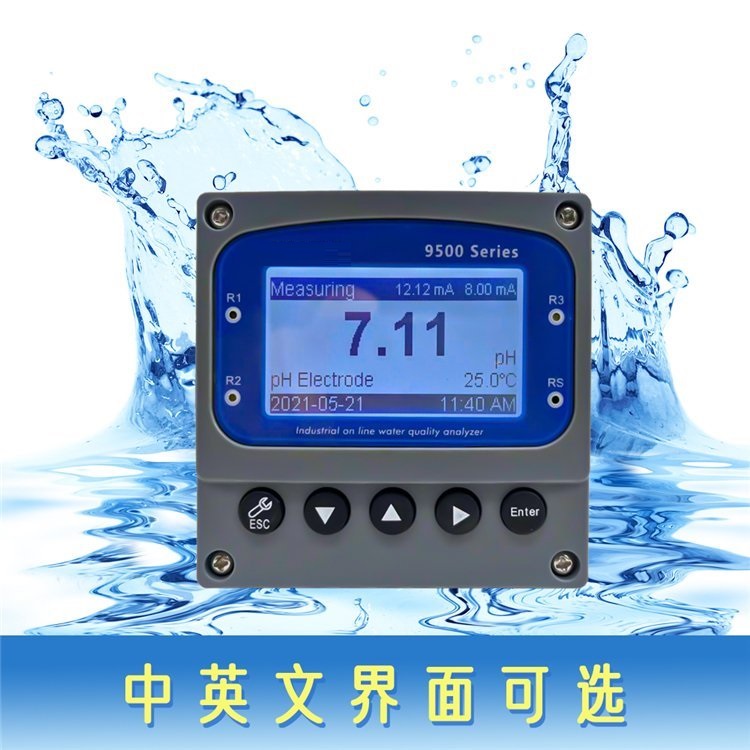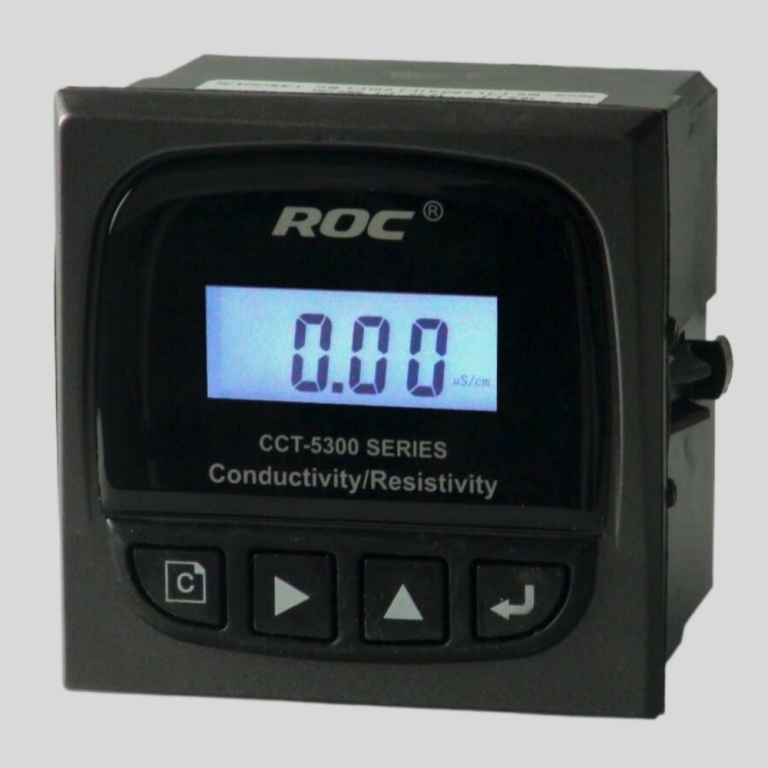How Long Do Aquarium Water Test Kits Last Before Expiring?
Aquarium water test kits are essential tools for maintaining a healthy aquatic environment for your fish and other aquatic creatures. These kits allow you to monitor key water parameters such as pH, ammonia, nitrite, nitrate, and other important factors that can impact the well-being of your aquatic pets. However, like many products, aquarium water test kits do have a shelf life and can expire over time.
It is important to note that the expiration date of a water test kit can vary depending on the brand and type of kit. Some kits may have a shelf life of one year, while others may last for two or more years. It is crucial to check the expiration date on the packaging of your test kit to ensure that it is still effective and accurate.
One of the main reasons why aquarium water test kits expire is due to the reagents or chemicals used in the testing process. Over time, these chemicals can degrade or become less effective, leading to inaccurate results. Using an expired test kit can give you false readings, which can potentially harm your aquatic pets if not addressed promptly.
To ensure the accuracy of your water test results, it is recommended to replace your aquarium water test kit once it reaches its expiration date. This will help you maintain a healthy and stable aquatic environment for your fish and other aquatic creatures.
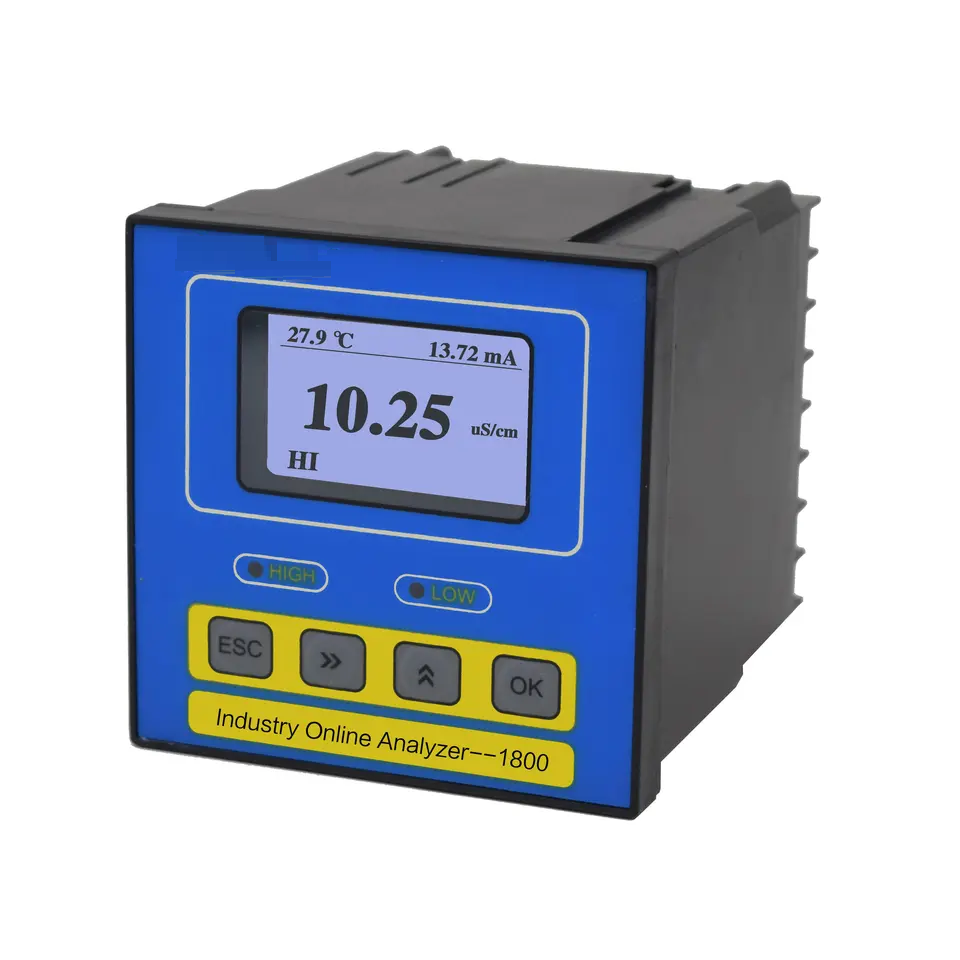
| ROS-360 Water Treatment RO Programmer Controller | ||
| Model | ROS-360 Single Stage | ROS-360 Double Stage |
| Measuring range | Source water0~2000uS/cm | Source water0~2000uS/cm |
| \u3000 | First level effluent 0~1000uS/cm | First level effluent 0~1000uS/cm |
| \u3000 | secondary effluent 0~100uS/cm | secondary effluent 0~100uS/cm |
| Pressure sensor(optional) | Membrane pre/post pressure | Primary/ secondary membrane front/rear pressure |
| Flow Sensor(optional) | 2 channels (Inlet/outlet flow rate) | 3 channels (source water, primary flow,secondary flow) |
| IO input | 1.Raw water low pressure | 1.Raw water low pressure |
| \u3000 | 2.Primary booster pump inlet low pressure | 2.Primary booster pump inlet low pressure |
| \u3000 | 3.Primary booster pump outlet high pressure | 3.Primary booster pump outlet high pressure |
| \u3000 | 4.High liquid level of Level 1 tank | 4.High liquid level of Level 1 tank |
| \u3000 | 5.Low liquid level of Level 1 tank | 5.Low liquid level of Level 1 tank |
| \u3000 | 6.Preprocessing signal\u00a0 | 6.2nd booster pump outlet high pressure |
| \u3000 | \u3000 | 7.High liquid level of Level 2 tank |
| \u3000 | \u3000 | 8.Preprocessing signal |
| Relay output (passive) | 1.Water inlet valve | 1.Water inlet valve |
| \u3000 | 2.Source water pump | 2.Source water pump |
| \u3000 | 3.Booster pump | 3.Primary booster pump |
| \u3000 | 4.Flush valve | 4.Primary flush valve |
| \u3000 | 5.Water over standard discharge valve | 5.Primary water over standard discharge valve |
| \u3000 | 6.Alarm output node | 6.Secondary booster pump |
| \u3000 | 7.Manual standby pump | 7.Secondary flush valve |
| \u3000 | \u3000 | 8.Secondary water over standard discharge valve |
| \u3000 | \u3000 | 9.Alarm output node |
| \u3000 | \u3000 | 10.Manual standby pump |
| The main function | 1.Correction of electrode constant | 1.Correction of electrode constant |
| \u3000 | 2.TDS alarm setting | 2.TDS alarm setting |
| \u3000 | 3.All working mode time can be set | 3.All working mode time can be set |
| \u3000 | 4.High and low pressure flushing mode setting | 4.High and low pressure flushing mode setting |
| \u3000 | 5.Manual/automatic can be chosen when boot up | 5.Manual/automatic can be chosen when boot up |
| \u3000 | 6.Manual debugging mode | 6.Manual debugging mode |
| \u3000 | 7.Spare parts time management | 7.Spare parts time management |
| Expansion interface | 1.Reserved relay output | 1.Reserved relay output |
| \u3000 | 2.RS485 communication | 2.RS485 communication |
| Power supply | DC24V\u00b110% | DC24V\u00b110% |
| Relative humidity | \u226685% | \u226485% |
| Environment temperature | 0~50\u2103 | 0~50\u2103 |
| Touch screen size | Touch screen size: 7 inches 203*149*48mm (Hx Wx D) | Touch screen size: 7 inches 203*149*48mm (Hx Wx D) |
| Hole Size | 190x136mm(HxW) | 190x136mm(HxW) |
| Installation | Embedded | Embedded |
In addition to expiration dates, there are other factors that can affect the accuracy of your water test results. For example, improper storage of the test kit can also lead to degradation of the reagents. It is important to store your test kit in a cool, dry place away from direct sunlight and extreme temperatures to ensure its longevity.
Another factor to consider is the frequency of use of your water test kit. If you use your test kit frequently, it may expire sooner than if you only use it occasionally. It is important to keep track of how often you use your test kit and replace it as needed to ensure accurate results.
In conclusion, aquarium water test kits do expire, and it is important to replace them once they reach their expiration date. Using an expired test kit can lead to inaccurate results, which can harm your aquatic pets. By checking the expiration date, storing the test kit properly, and monitoring its frequency of use, you can ensure that your water test results are accurate and reliable. Maintaining a healthy aquatic environment is crucial for the well-being of your fish and other aquatic creatures, and using a reliable water test kit is essential in achieving this goal.

